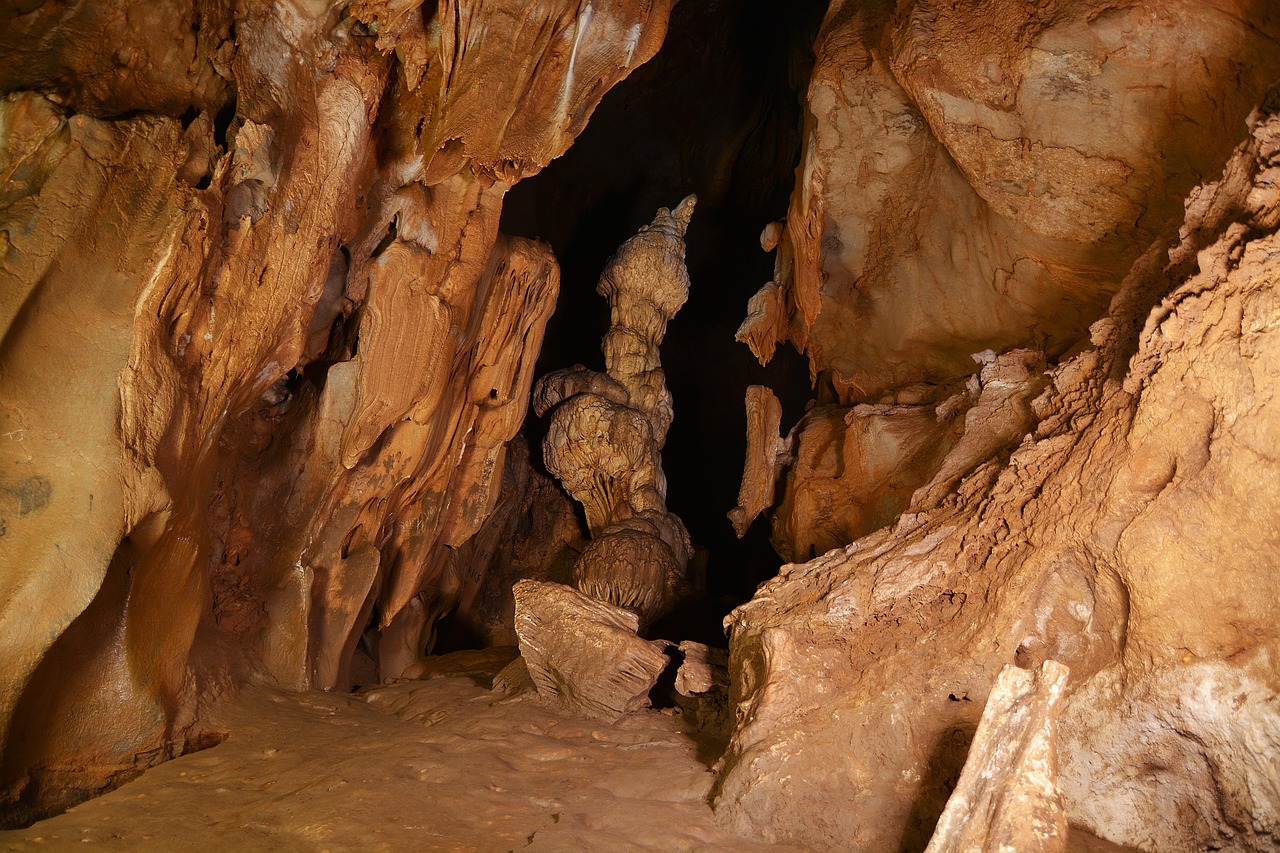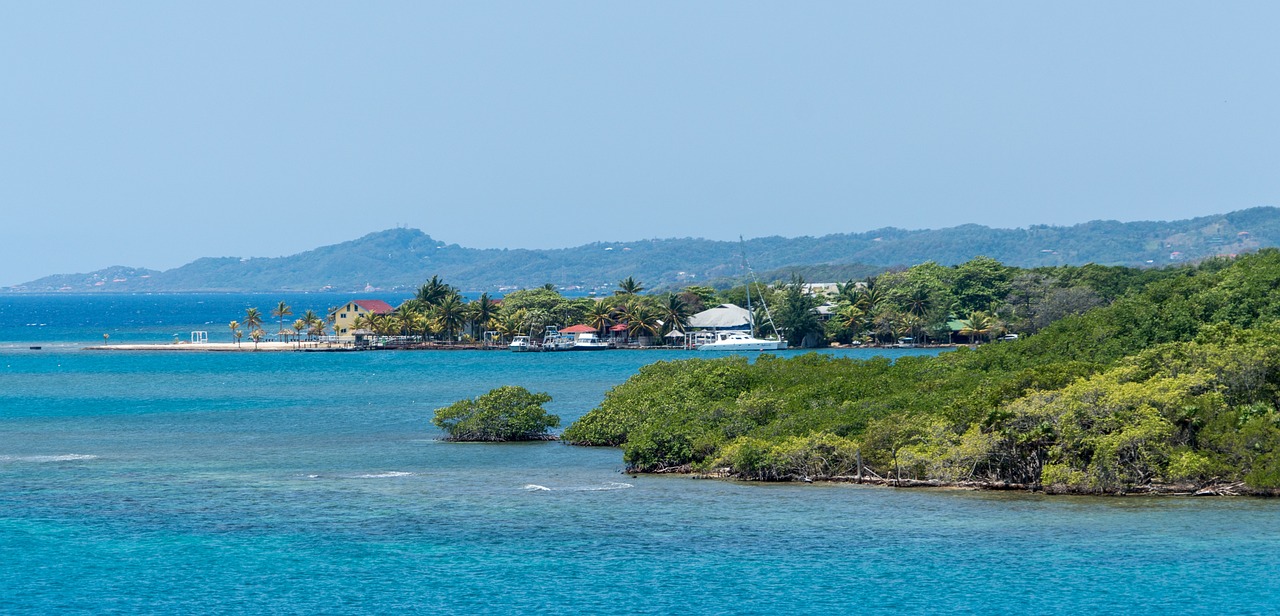Honduras Video
Language and Communication: Overcoming Barriers in Honduras
Language and communication play a vital role in our daily lives, allowing us to convey ideas, emotions, and information. However, in a diverse country like Honduras, language barriers can pose significant challenges. With a population of over 9 million people, Honduras is home to a rich linguistic tapestry, where Spanish is the official language. Nevertheless, various indigenous languages and dialects are spoken throughout the country. This article will explore the importance of overcoming language barriers in Honduras and the efforts being made to facilitate effective communication.
Section 1: The Importance of Language Diversity
Language diversity is a reflection of cultural richness and heritage. In Honduras, indigenous languages such as Garifuna, Miskito, and Lenca are spoken by significant portions of the population. Recognizing and preserving these languages is crucial for the preservation of cultural identity. Language diversity also promotes inclusivity and ensures that every individual has a voice within society.
- Garifuna: The Garifuna language is spoken by the Garifuna people, who have a unique Afro-indigenous heritage. It is primarily spoken in coastal regions, such as Trujillo and La Ceiba.
- Miskito: The Miskito language is spoken by the Miskito people, primarily in the northeastern regions of Honduras. It is part of the Misumalpan language family.
- Lenca: The Lenca language is spoken by the Lenca people, who are indigenous to western Honduras.
The Garifuna language, with its vibrant oral tradition, serves as a means of preserving cultural practices, including music, dance, and storytelling. Efforts are underway to promote and revitalize the Garifuna language through community-based initiatives and educational programs.
Miskito is an indigenous language with a rich history and cultural significance. It is essential for the Miskito people to maintain their language to preserve their traditional knowledge and way of life.
The Lenca language is an integral part of Lenca culture and identity. Efforts are being made to promote its use and ensure its survival for future generations.
Section 2: Challenges of Language Barriers
While language diversity enriches the cultural fabric of Honduras, it also presents challenges in various aspects of daily life. Language barriers can hinder effective communication, limit access to essential services, and create social and economic disparities.
- Educational Challenges: Language barriers can impede educational opportunities for indigenous children. Inadequate access to bilingual education and limited resources can hinder their academic success.
- Healthcare: Language barriers in healthcare settings can lead to miscommunication, misunderstanding, and inadequate access to medical services.
- Legal System: Language barriers within the legal system can hinder access to justice and limit individuals’ ability to exercise their rights.
Efforts are being made to promote bilingual education and provide adequate resources to ensure equal educational opportunities for all children in Honduras.
Medical institutions are working towards improving language services, such as providing interpreters and training healthcare professionals in cross-cultural communication.
Efforts are being made to provide language interpretation services in courts and legal proceedings to ensure fair and equal access to justice.
Honduras Image 1:

Section 3: Overcoming Language Barriers
Recognizing the importance of overcoming language barriers, various initiatives and organizations in Honduras are actively working towards promoting effective communication and linguistic inclusivity.
- Bilingual Education Programs: Bilingual education programs are being implemented to ensure that indigenous children have access to quality education in their native languages while also learning Spanish.
- Language Revitalization Initiatives: Community-led initiatives are focused on revitalizing indigenous languages by promoting language use, organizing cultural events, and documenting oral traditions.
- Professional Interpreter Services: In healthcare, legal, and other essential service sectors, professional interpreter services are being provided to bridge the language gap.
These programs aim to preserve indigenous languages while equipping students with the necessary language skills for broader communication.
These initiatives play a vital role in preserving linguistic diversity and fostering cultural pride.
Trained interpreters ensure accurate communication between service providers and individuals with limited proficiency in the dominant language.
Section 4: Promoting Intercultural Understanding
Promoting intercultural understanding is essential for fostering harmonious relationships between different linguistic and cultural communities in Honduras.
- Cultural Exchanges: Cultural exchange programs provide opportunities for people from different linguistic backgrounds to interact and learn from one another.
- Language Learning Initiatives: Language learning initiatives encourage individuals to learn languages other than their own, fostering a sense of appreciation for different cultures.
- Public Awareness Campaigns: Public awareness campaigns play a crucial role in promoting tolerance, respect, and understanding among diverse linguistic communities.
These exchanges help break down stereotypes, build empathy, and promote mutual respect.
Language classes and language exchange programs are organized to facilitate language learning and cultural exchange.
These campaigns aim to create a more inclusive society that values and celebrates linguistic and cultural diversity.
Honduras Image 2:

Section 5: Technology and Language Access
Advancements in technology have opened new avenues for overcoming language barriers and facilitating communication.
- Translation Apps: Mobile applications that provide real-time translation services are becoming increasingly popular.
- Teleconferencing Interpretation: Teleconferencing interpretation services connect individuals with interpreters remotely, allowing for language assistance in real-time.
- Accessible Online Resources: Online resources, such as multilingual websites and educational materials, are being developed to provide information in multiple languages.
These apps enable individuals to communicate in different languages by translating spoken or written words instantly.
This technology is particularly useful in healthcare settings where in-person interpreters may not be readily available.
These resources ensure that language is not a barrier to accessing essential information and services.
Section 6: Tourism and Language Services
Tourism plays a significant role in Honduras’s economy, and effective communication is crucial for providing a positive experience to visitors.
- Tourist Information Centers: Tourist information centers are equipped with multilingual staff and materials to assist tourists from different linguistic backgrounds.
- Language Training for Tourism Industry: Language training programs are being offered to individuals working in the tourism industry.
- Translation Services: Translation services are available for tourism-related materials, including brochures, websites, and signage.
These centers provide information, maps, and guidance in multiple languages, ensuring a smooth and enjoyable travel experience.
These programs aim to enhance the language skills of tourism professionals, enabling them to communicate effectively with visitors.
By providing information in multiple languages, these services cater to the diverse needs of tourists.
Honduras Image 3:

Section 7: Sign Language Interpretation
In addition to linguistic diversity, it is essential to address the needs of individuals with hearing impairments.
- Sign Language Interpreter Training: Training programs are being conducted to equip individuals with sign language interpretation skills.
- Inclusive Education: Inclusive education programs are integrating sign language into mainstream schools to promote inclusivity and equal access to education.
- Public Service Accessibility: Public services, including government offices and healthcare facilities, are working towards providing sign language interpretation services.
These interpreters play a vital role in facilitating effective communication between individuals who are deaf or hard of hearing and the wider community.
Students with hearing impairments can benefit from a supportive learning environment that acknowledges and accommodates their communication needs.
This ensures that individuals with hearing impairments have equal access to essential services and can effectively communicate their needs.
Section 8: Government Initiatives
The Honduran government recognizes the importance of overcoming language barriers and has implemented various initiatives to promote linguistic inclusivity.
- Bilingual Education Policies: Bilingual education policies have been established to ensure indigenous languages are integrated into the national education system.
- Language Preservation Programs: The government supports language preservation programs that focus on documenting, revitalizing, and promoting indigenous languages.
- Language Access in Public Services: Efforts are being made to provide language access in public services, including healthcare, legal, and administrative settings.
These policies aim to provide equal educational opportunities for all students, regardless of their linguistic background.
These programs aim to safeguard linguistic diversity and promote cultural heritage.
Interpretation services and bilingual staff help bridge the language gap and ensure effective communication.
Section 9: Community Collaboration
Community collaboration is crucial for successfully overcoming language barriers and promoting inclusive communication.
- Community Language Centers: Community language centers serve as hubs for language learning, cultural exchange, and community engagement.
- Interpreting Networks: Networks of volunteer interpreters are being established to provide language assistance in various community settings.
- Multilingual Community Events: Multilingual community events, such as festivals and celebrations, promote intercultural understanding and appreciation.
These centers provide resources, language classes, and cultural events that bring diverse linguistic communities together.
These networks play a vital role in ensuring effective communication between different linguistic communities.
These events provide opportunities for people to come together, celebrate diversity, and learn about different languages and cultures.
Section 10: Future Outlook
While significant progress has been made in overcoming language barriers in Honduras, there is still work to be done to achieve full linguistic inclusivity.
- Continued Language Preservation: Continued efforts are needed to preserve and revitalize indigenous languages, ensuring their survival for future generations.
- Enhanced Language Services: The expansion of language services, such as interpretation and translation, is essential to improve access to essential services for all individuals.
- Inclusive Policies: The development and implementation of inclusive policies across sectors will promote equal access and opportunities for individuals from diverse linguistic backgrounds.
Supporting community-led initiatives and promoting bilingual education are key components of this preservation process.
Investments in training interpreters and translators will help bridge the language gap and ensure effective communication.
These policies should address language barriers in education, healthcare, employment, and other essential areas of life.
Section 11: Conclusion
Overcoming language barriers is a crucial step towards fostering inclusivity, promoting cultural diversity, and ensuring equal access to opportunities and services. In Honduras, efforts are being made at various levels to address these barriers and facilitate effective communication. Through bilingual education programs, language preservation initiatives, technological advancements, and government support, Honduras is striving to create a more inclusive society where language diversity is celebrated and linguistic barriers are overcome.
Section 12: References
– Honduras Institute of Tourism: hondurastourism.com
– National Institute of Indigenous Languages: inali.gob.mx
– United Nations Development Programme – Honduras: hn.undp.org
– World Bank – Honduras: worldbank.org/honduras


